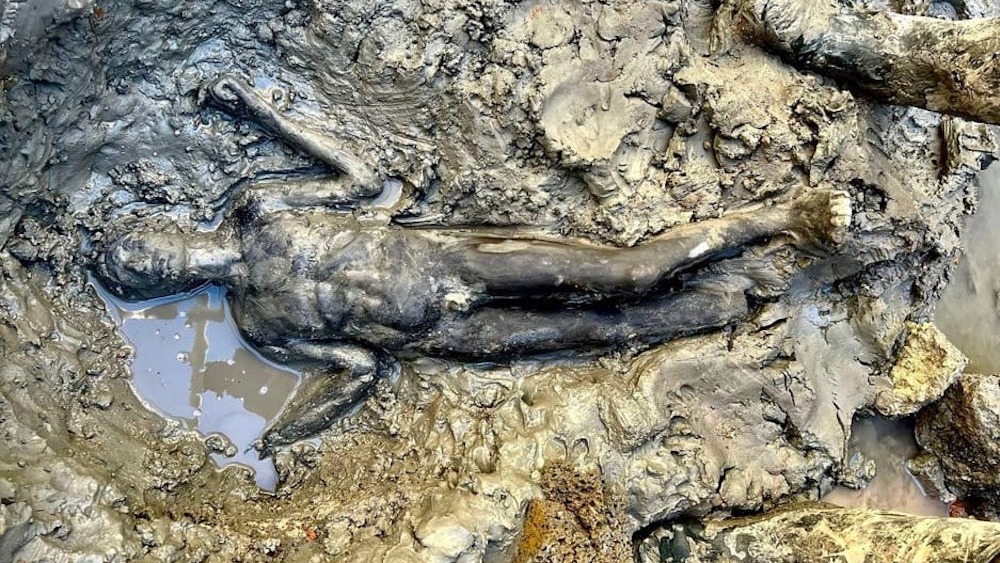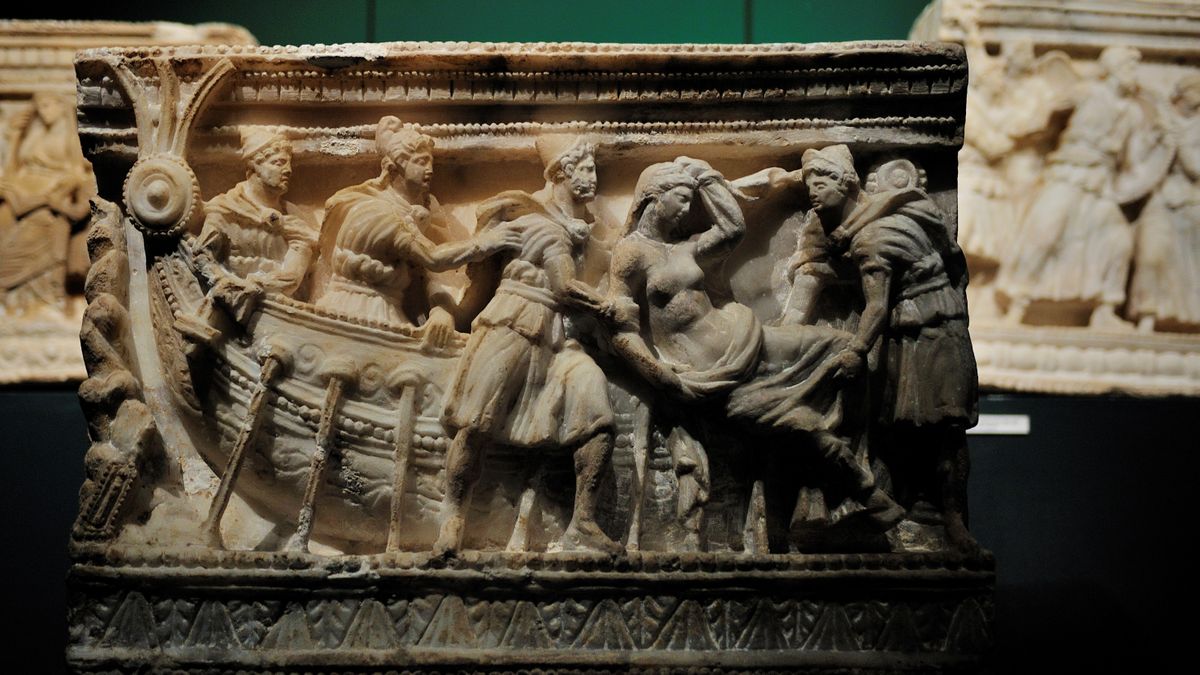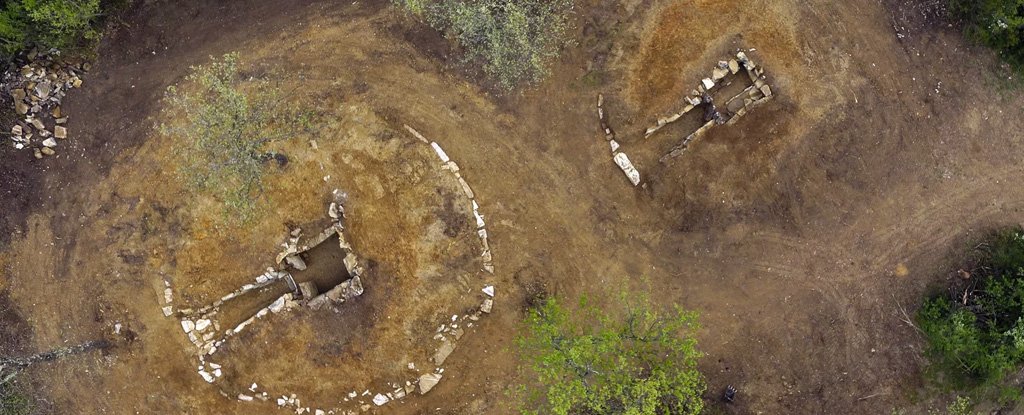
Etruscans
The Etruscan civilization of ancient Italy covered a territory, at its greatest extent, of roughly what is now Tuscany, western Umbria, and northern Lazio, as well as parts of what are now the Po Valley, Emilia-Romagna, south-eastern Lombardy, southern Veneto, and Campania. The earliest evidence of a culture that is identifiably Etruscan dates from about 900 BC. This is the period of the Iron Age Villanovan culture, considered to be the earliest phase of Etruscan civilization, which itself developed from the previous late Bronze Age Proto-Villanovan culture in the same region. Etruscan civilization endured until it was assimilated into Roman society. Assimilation began in the late 4th century BC as a result of the Roman–Etruscan Wars; it accelerated with the grant of Roman citizenship in 90 BC, and became complete in 27 BC, when the Etruscans' territory was incorporated into the newly established Roman Empire.




